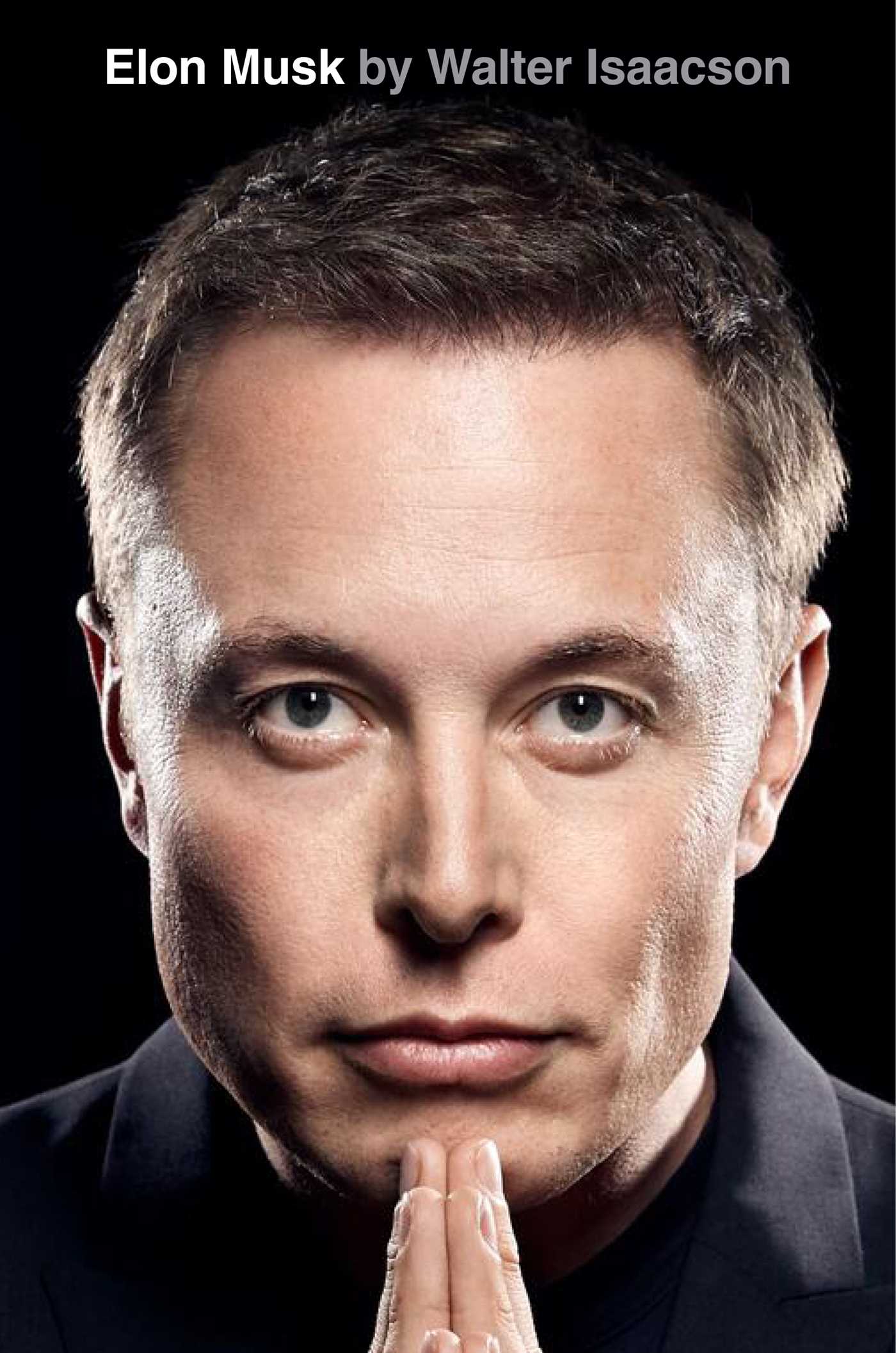Walter Isaacson
Elon Musk
Elon Musk
Couldn't load pickup availability
From the author of Steve Jobs and other bestselling biographies, this is the astonishingly intimate story of the most fascinating and controversial innovator of our era—a rule-breaking visionary who helped to lead the world into the era of electric vehicles, private space exploration, and artificial intelligence. Oh, and took over Twitter.
Gabi's Review
A love of tech and engineering drew me to Walter Isaacson’s biography on Elon Reeve Musk, the South African-born tech visionary CEO of Tesla and SpaceX. The biography draws extensively on Isaacson’s years of personal interviews and unfiltered access to Musk’s inner circle of colleagues, family and friends. Isaacson attributes much of the controversial Musk’s obsessiveness to his Aspergers syndrome and his father’s psychological abuse in early childhood, but there is no denying his impact on the world. For anxious shareholders or those alarmed at how corporations and politics increasingly intersect, this fascinating biography has it all.
Isaacson charts Musk’s life in chronological order, whilst casting him as an easy bear to poke because of his ambitious dreams and reactive personality. Musk’s formidable energy bordering on mania continues to alienate the media, as well as his colleagues, as much as it inspires. Neither canonised nor condemned by Isaacson, he tracks the formation of Musk’s 6 companies: SpaceX, Telsa, The Boring Company, Starlink, Neuralink and XAI till 2023. Musk established his first entrepreneurial venture Zip2, a digital Yellow Pages (think proto-Google maps and Yelp), netting him around 22 million USD at the age of 27. He then established X.com, an online banking and payment company that merged to form PayPal, earning him a further 175 million USD.
A cashed-up Musk then pursued his passion for space by founding SpaceX in 2002, giving us reusable rockets and vital competitive space travel services to this day. In 2004 he invested in the failing Tesla startup, becoming its CEO and its largest shareholder. At Tesla, his streamlining process from first principles has created autonomous Fully Self Driving cars, smart solar technology and humanoid robots, machines that will make the machine in a world of seamless autonomy and AI-fuelled exponential progress. Starlink, Musk’s constellation of over 7000 satellites, is revolutionising internet connectivity. Referred to as “self-healing,” it is like a living organism that uses AI to automatically adapt and maintain connectivity, despite disruption and without human intervention or traditional infrastructure. The network uses Software Defined Networking to make routing decisions on-the-fly with reinforcement learning allowing satellites to “learn” optimal routes based on real-time traffic and failures, replicating his approach to FSD cars and robots. His company Neuralink amps up autonomy by bridging human brains to machines with direct interfaces, with the aim of boosting cognition over analogue human limits. The picture begins to emerge that all 6 companies of Musk’s creation are connected in a vision of transformation, from legacy to innovation, in preparation for an autonomous world.
Isaacson’s nuanced exploration of Musk’s psychological contradictions is evident in his portrayal of Musk as a Promethean figure stealing fire from the gods of Industry while chained to his own demons. The Twitter saga is one of the most compelling demonstrations of Musk’s naivete and blind spots, which landed him in his most epic failure. With advertiser exodus and user drop off, former Twitter is only now turning towards profitability and increased functionality, positioning itself as the “everything app”. Hilarious to read, the mainstream media played him like a blood sport, amplifying his autistic impulses as an easy target for outrage. Whether drawn or repelled, the seismic influence one individual wields in shaping social dynamics demands a closer view.
Whilst Isaacson devotes some time to Musk’s personal life - strained familial relations and several divorces - his main concern is to reveal the complexities of the man frequently vilified in the court of public opinion. Musk himself has shown a level of self-awareness about his failings: “I have shot myself in the foot so often I ought to buy Kevlar boots or Twitter should have an impulse-control delay button”. Isaacson leaves us with the intriguing question: “Would a restrained Musk accomplish as much as a Musk unbound”? He reminds us that Shakespeare observes that all heroes are flawed.
You can draw your own conclusions about the man, and I urge you to do so, as this is an exhilarating read. I found myself drawn to Musk’s vision amid the barrage of boardroom dramas, that reveal his own vast ambition and whirlwind existence in the accomplishment of revolutionary technologies. The book left me completely fascinated and better informed, while also pondering the cost of progress. Ultimately, Elon Musk stands as a testament to Isaacson’s artistry; a biography that doesn’t just document a life but interrogates the soul of ambition in our age. For those who dream of immortality in the stars or dread our own implosion, the book is undeniably a rocket ride through the human condition.
Share


